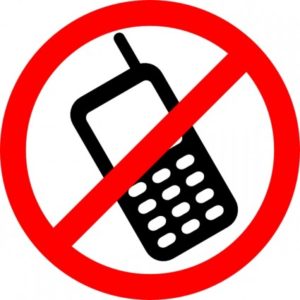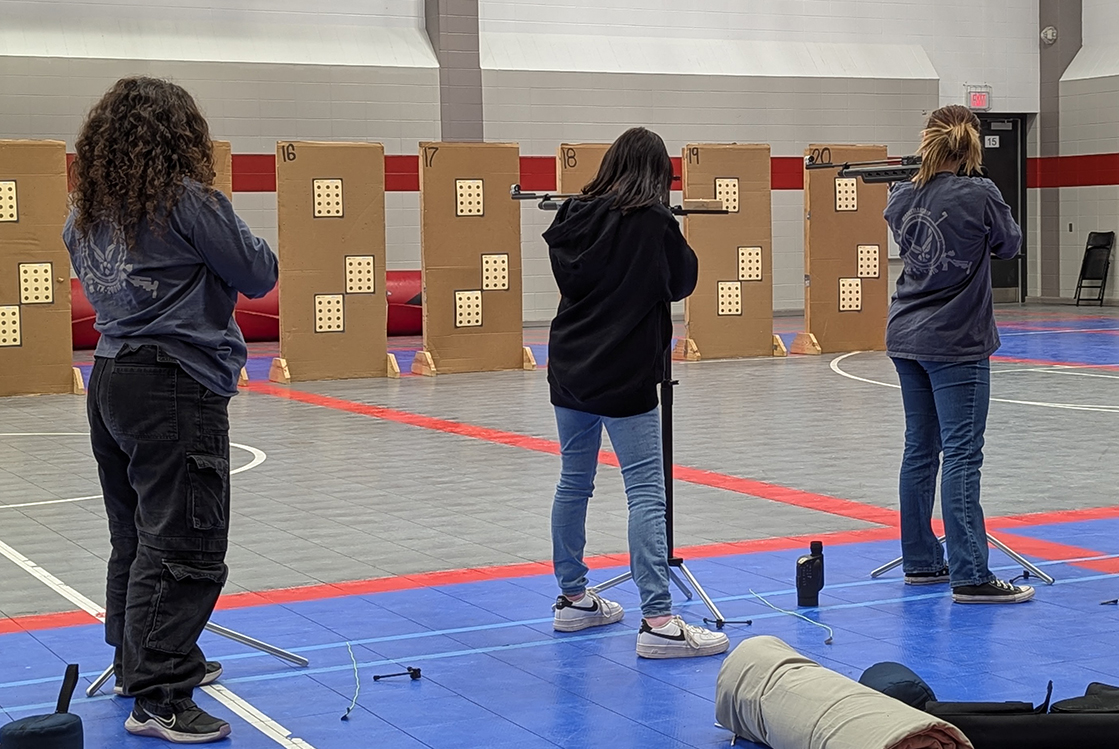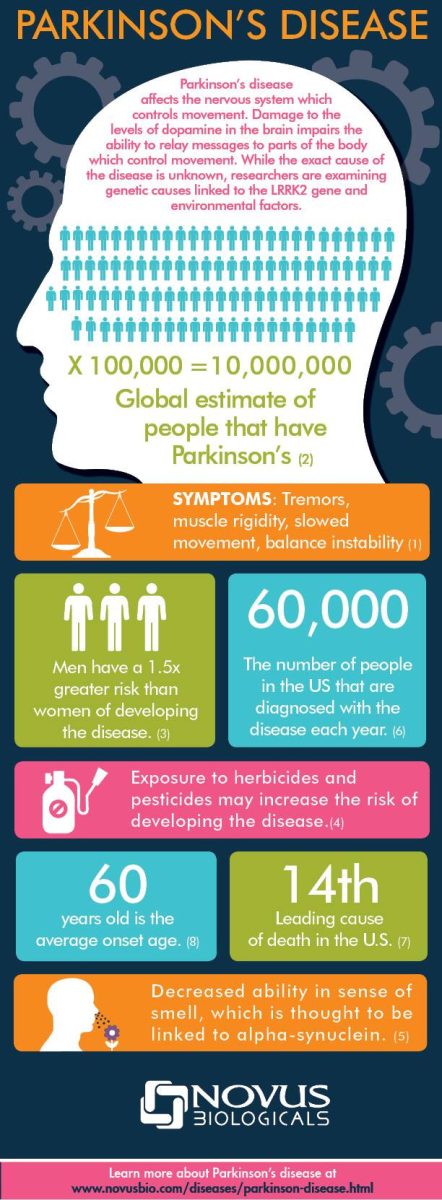
Since crashes caused by texting and driving are increasing, cities and states are taking action to prevent these disasters from taking place. On November 9, College Station enacted a new law that makes it illegal to use handheld electronic devices while driving, excluding times when the driver is stopped at a stoplight or is in an emergency situation.
“I’m not on my phone as much in College Station because I don’t want to get pulled over,” senior Katy Cargo said. “Normally I don’t text and drive. I just change a song, but I can’t do that either. I don’t want to get pulled over and get a ticket for something stupid.”
While implementing the law may have been challenging, some drivers see its enforcement as the more difficult part.
“I don’t know that we can really regulate people that well,” teacher Sarah Patterson said, “but I can understand the desire to make our roads safer.”
Unfortunately, texting while driving accidents are common. In 2014 alone, more than 431,000 people in the US were injured in distracted driving accidents.
“I actually saw someone get in a texting and driving accident,” junior Braden Beall said. “People are addicted to their phones, and that’s all they worry about.”
Though this law should, in theory, help reduce texting and driving, many believe the reality may be different.
“I don’t think the law is going to save any more lives because people will try to be sneaky,” Katy said. “Instead of being out in the open, they’ll try to hide their phones.”
In a technology-driven world, it can be difficult for people to ignore notifications and alerts while driving. Many people know the dangers of driving while using devices, some people decide to take the risk and use it anyway. This is especially a problem for teenagers and young adults.
“Students are very used to being connected with their peers at all points,” Patterson said. “They don’t necessarily have the impulse control to wait a few minutes and then tell their peers what they saw or thought of later.”
Texas is one of the four states that has not implemented a texting while driving ban for people over eighteen. However, there is a ban for drivers under the age of eighteen using cell phones at all, which many teens dangerously ignore.
“Most students don’t follow the no cell phone use law for drivers under eighteen,” junior Bradley Ervin said. “It’s important to not let yourself be distracted while driving because, despite what many adolescents believe, they are not indestructible.”
There has been legislation presented at various times to the Texas legislature about creating a ban, but it has been shot down each time. Despite this, there is a growing pressure and expectation for Texas to take action.
“I don’t think Bryan itself will enact the law against texting while driving because I think the state of Texas will,” Katy said. “That’s why I think they haven’t done anything about it yet.”
Whether the city or state makes the first move, there is a push nationally to outlaw the use of mobile devices while driving. With the amount of pressure, some sort of action is bound to occur.





